Kolon Biotech’s Jung Jong Cho believes that the future of cell and gene therapy lies in automation, which offers unprecedented precision and cost efficiencies.
Jung Jong Cho, Vice President at Kolon Biotech, brings over two decades of expertise in biotech and healthcare, specialising in cell and gene therapy contract development and manufacturing (CDMO) services. As part of the Kolon Group, a major Korean conglomerate, JJ leads the company’s innovative approach to advanced therapeutic manufacturing.
Speaking on the PharmaSource podcast ahead of CDMO Live, he explains how automation has emerged as the most transformative force in cell and gene therapy manufacturing, addressing critical limitations in traditional production methodologies.
“Traditional manufacturing is prone to human error and variability among operators, affecting the quality of the product,” JJ explains. “To overcome these disadvantages, our robotic manipulator significantly reduces these errors and ensures batch-to-batch consistency.”
Technological Innovations Driving Automation
Kolon Biotech is pioneering the use of two innovative technologies that are reshaping manufacturing capabilities:
The 2D Automated Closed Platform represents a quantum leap in manufacturing precision.
“Our platform integrates both automation and closed system design,” JJ notes. “The robotic manipulator significantly reduces errors and ensures both batch-to-batch consistency and quality.” The closed system design prevents contamination, addressing one of the most significant challenges in cell therapy production – manufacturing adherent cells to a large scale.
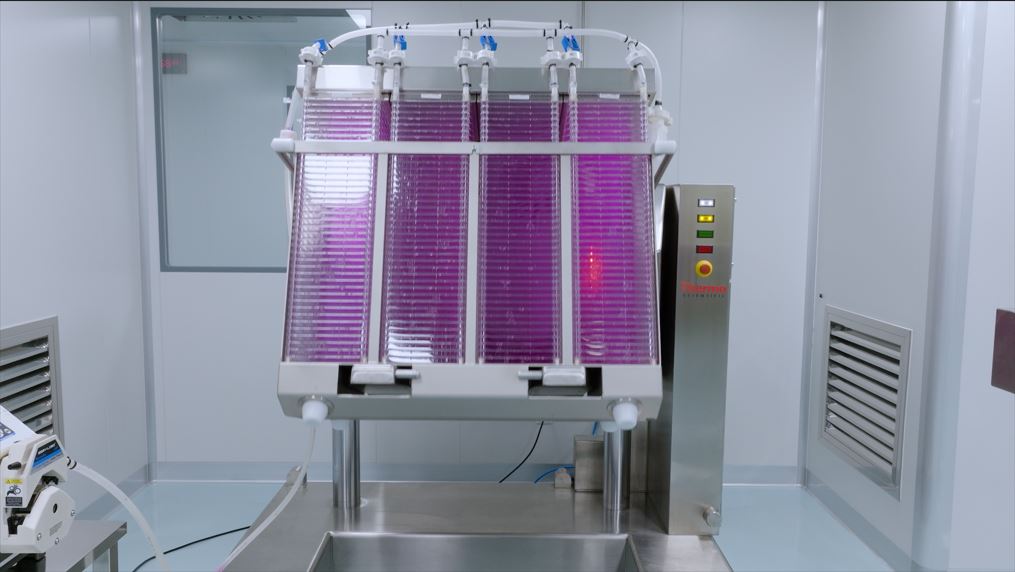
The use of 3D Bioreactors further demonstrates the power of scale-up technologies.
“Our state-of-the-art technology is specialized in cultivating adherent cells using micro-carriers,” JJ explains. “This approach enhances cell density and survival rates, encouraging productivity.” By applying 3D bioreactors for complex cellular cultivation processes, the technology overcomes traditional limitations in cell production.
“These innovative technologies significantly boost our manufacturing capabilities,” JJ emphasizes, “positioning us as a leader in large-scale CGT CDMO in Korea.”
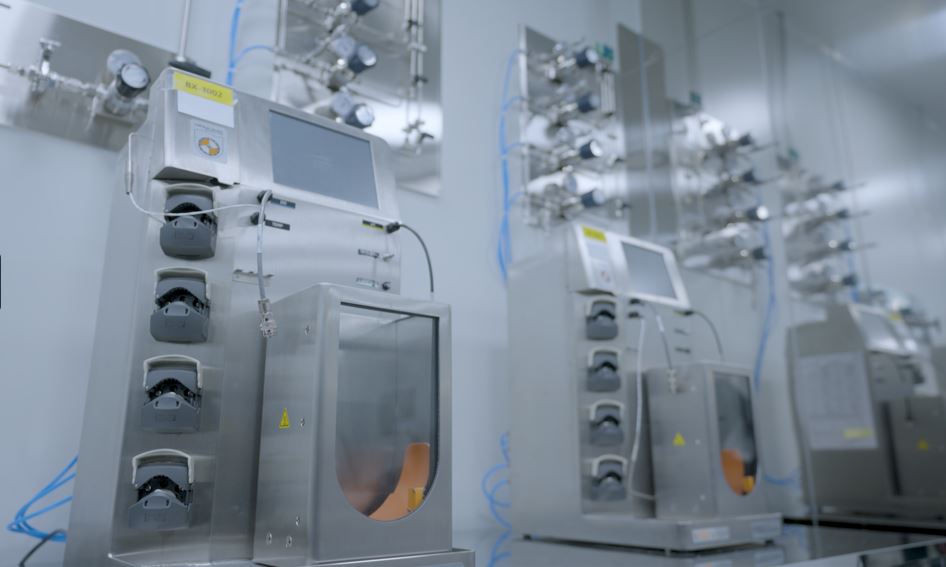
How automation can solve critical CGT manufacturing challenges
JJ sees automation as fundamental to the industry’s evolution. “We expect faster regulatory approval in the cell and gene therapy space,” he states. “This environment aligns perfectly with our goal of timely delivery of products to our clients, fulfilling their drug development timelines and ultimately supplying commercial products to cure patients.”
Automation directly addresses multiple critical challenges in cell and gene therapy manufacturing:
- Reducing human error
- Ensuring consistent product quality
- Mitigating contamination risks
- Improving cell density and survival rates
- Standardizing complex manufacturing processes
“Our competitiveness lies in our integrated service, on-time delivery within set budgets, and flexible slot management,” JJ explains, “all powered by our advanced automated technologies.”
The company’s long-term objective crystallizes this vision: “Our global goal is to become a leader in cell and gene therapy CDMO services, contributing to biopharmaceutical innovations through technological advancement.”
Kolon Biotech will be participating at CDMO Live 2025. Find out how they can support your cell and gene therapy projects by booking your ticket.


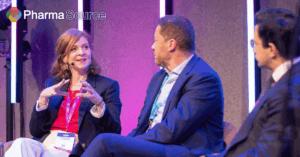



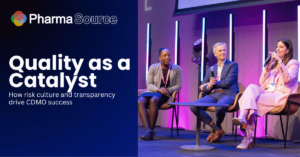




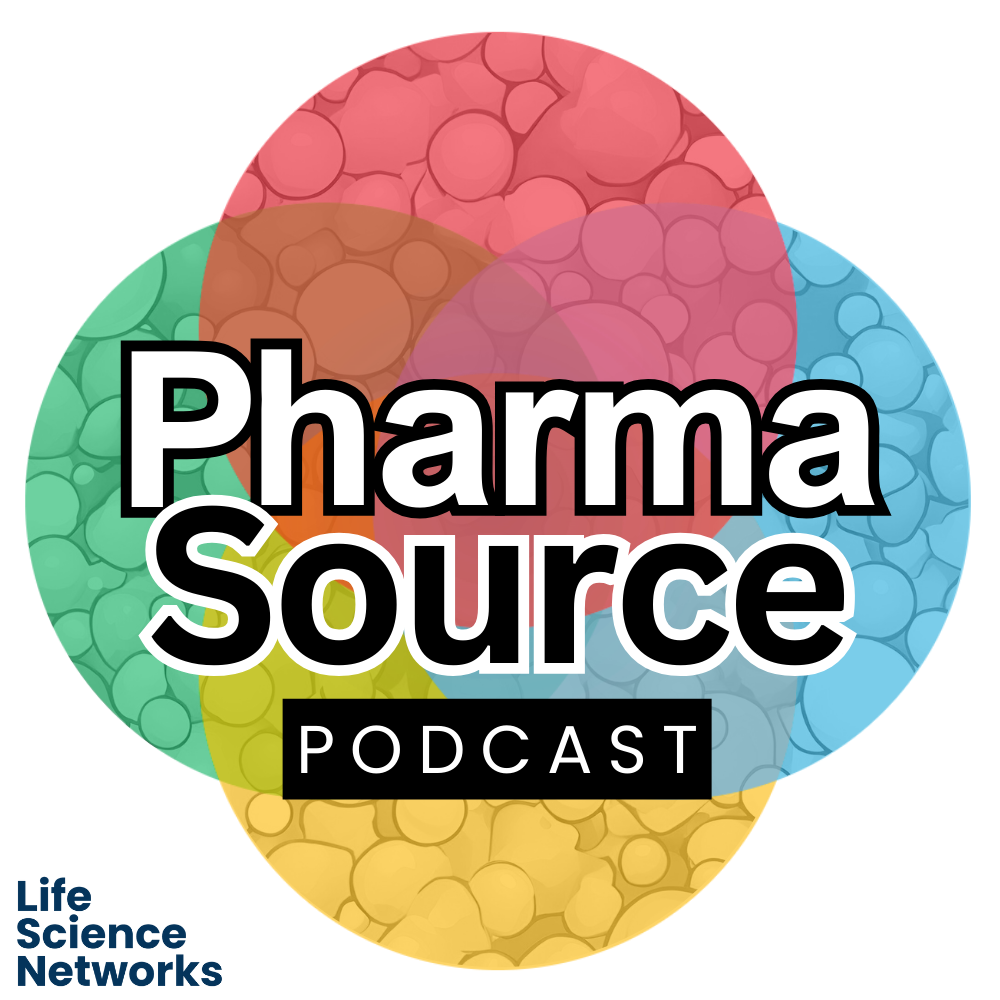
 Stay ahead of trends and best practices
Stay ahead of trends and best practices
